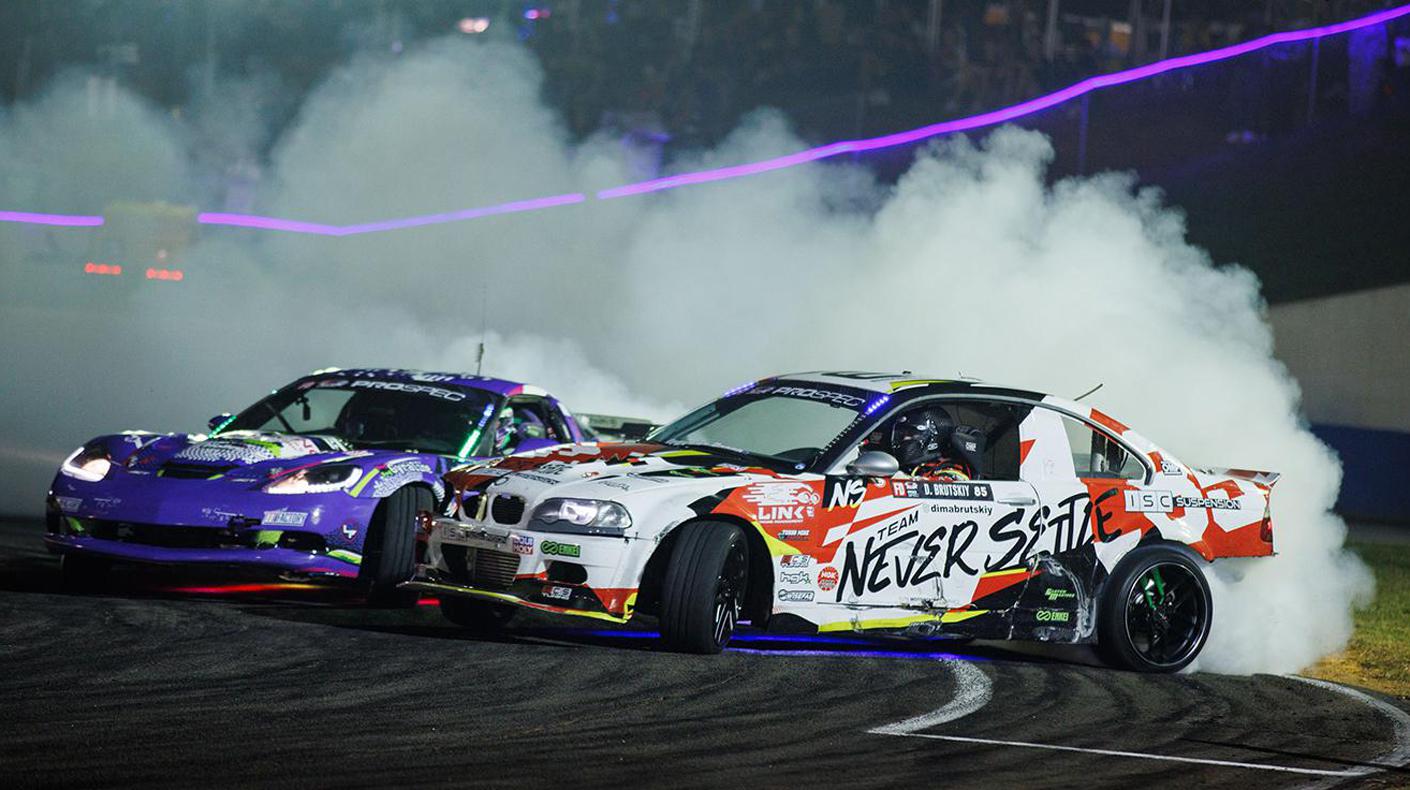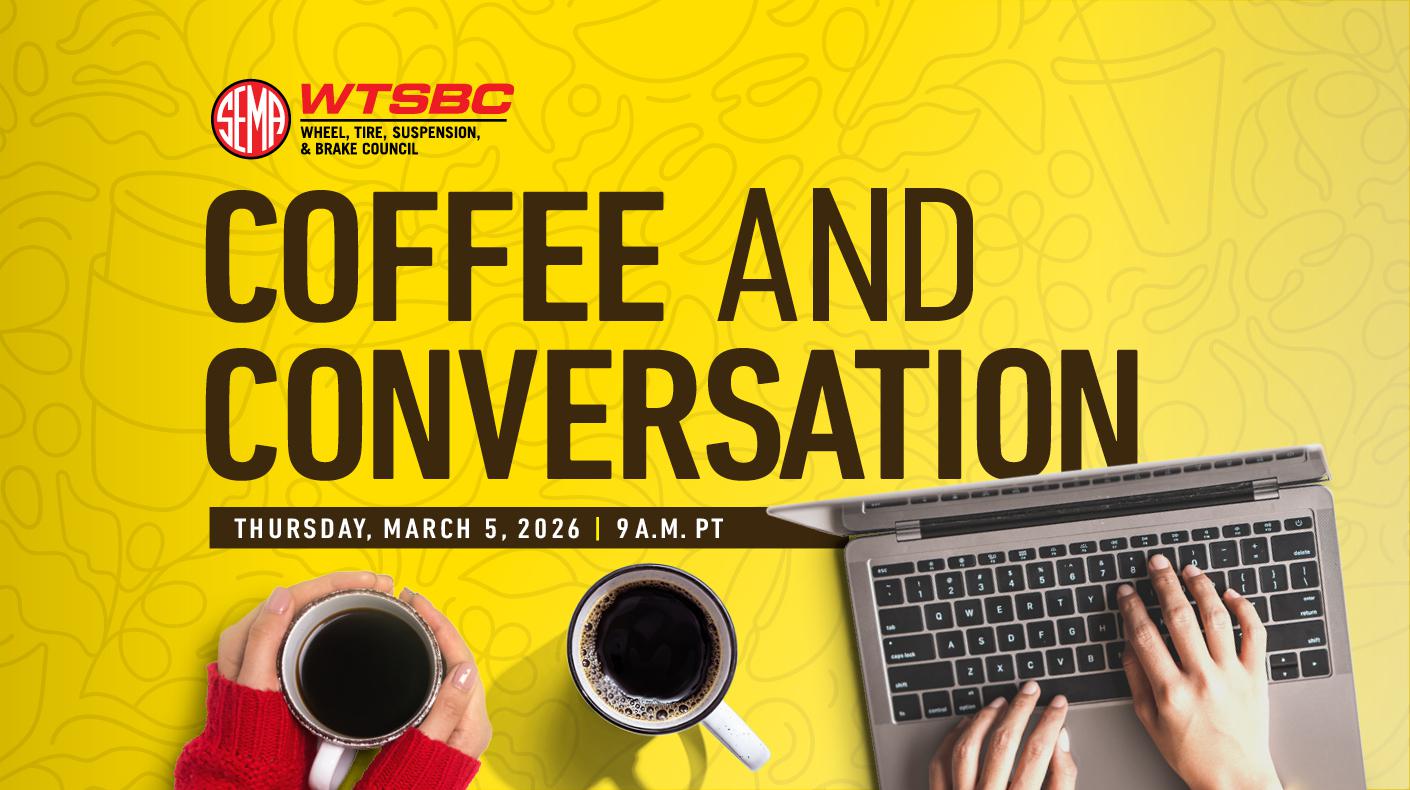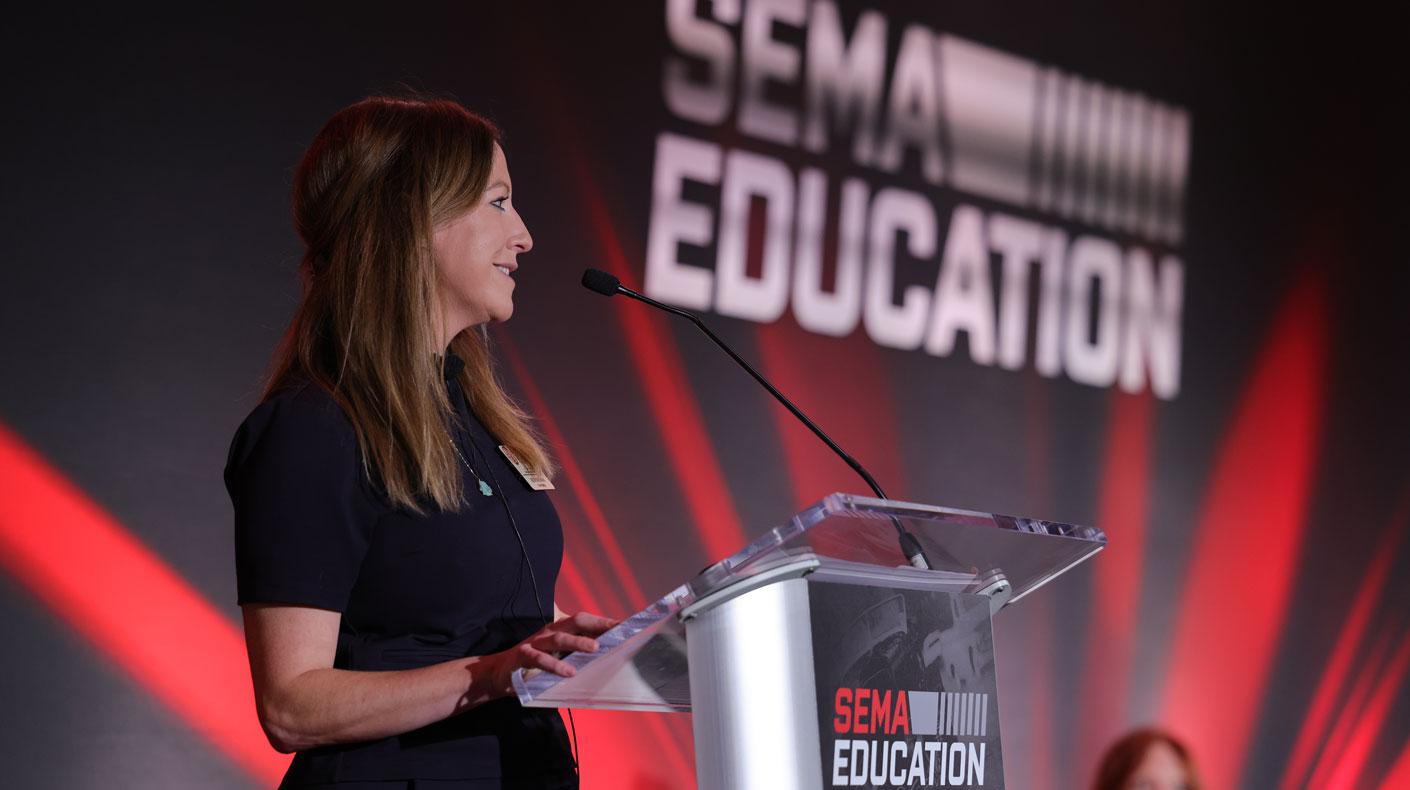Featured in SEMA Member News—May/June 2011
By Bret Voelkel
You don’t have to be a lawyer to understand intellectual property law. This article shares insights from what I’ve learned through years of real-world experience.
One of the tedious details of running a manufacturing business is the issue of copycats, patents and trademarks. After you have invested thousands of hours in designing, manufacturing, marketing and selling your “widget,” someone comes along and copies it!
Obtaining a patent can be fairly expensive and the process may take some time. Then, after you manage to get the patent, you need to take affirmative steps to protect it from infringement.
So, how else can I protect myself from copycats? Consider the real-world situation:
They can only copy what they have already seen. Most product ideas are not all that unique, clever or even useful, and there are many ways to make nearly anything or solve any problem. The ethical, successful businessperson will be thinking every day about how to improve a given product or design. When the copycats come, simply introduce your next revision or idea to make your product better, cheaper, faster or prettier.
Consider how much marketing, promotion or research and development you could accomplish with the money you would spend to defend a patent. Our customers purchase according to brand, image and perception as much as function. Obviously, a product has to work, but it also has to be cool. Your efforts to create an image for your product and your company are something that no one can steal.
Still, there are valid reasons for at least attempting to legally protect your ideas and brand names. A patent can create an opportunity to set up a licensing program with other manufacturers. A trademark can keep the honorable company from inadvertently choosing the same trademarked name or even something close to it. A patent or a trademark also implies credibility. The customer will assume that if you have the ability and ambition to invest in a patent or trademark, your product is worthy of that investment.
It’s tough to do, but when the copycats come, being defensive is not the only option. Your customers have no way to know how much time, money and effort you are putting into pursuing a patent or trademark lawsuit. They will, however, notice and appreciate your efforts to continually refine your product to bring them even more value than ever. Be proactive. You, your customers and your pocketbook will be happier and healthier!
How Can SEMA Help?
Aside from the advice of legal counsel, your trade association may be your best asset for information about intellectual property rights.
Education is a first tool in preventing infringement. SEMA provides its members with general information about patents, trademarks, and copyright through material posted on the website: www.sema.org/IPR. SEMA has also conducted a number of seminars, webinars and SEMA News articles, much of which is also available through the website.
Protecting patents and trademarks may be costly. Some SEMA webinars/seminars have provided specific guidance on the anticipated cost to register a copyright, trademark, design patent or utility patent. SEMA has also recommended that companies establish budgets and work with an attorney to prioritize IP, so that funds are directed at protecting the most valuable items (since it is impossible to protect everything).
Companies are also instructed on strategies to help monitor infringement and then move to enforce IP rights. Strategies would include having Customs seize infringing auto parts at the Port of Entry by recording trademark registrations with Customs, or by filing a patent infringement complaint with the U.S. International Trade Commission. Beyond these actions, members are encouraged to register their trademarks and patents in other countries where they are trading or outsourcing their product. While the financial burden is placed on the rights holder, there may be some relief available through damages (when having prevailed in a court case) or through profits reaped if the patent creates a monopoly for that particular product.
With respect to enforcing IP rights at the trade show, SEMA has developed an effective policy for pursuing infringement allegations. While SEMA is not in a position to be “judge and jury” it will enforce rights confirmed by courts/agencies of jurisdiction, including enforcement of a restraining order, injunction or cease-and-desist order.
Sometimes there is no question about IP rights. For example, “counterfeiting” activity is a deliberate imitation, usually with the intent to pass it off as the genuine product. “Copycats” are a version of the original product with some degree of difference. The degree defines whether the other product has infringed your patent, trademark or copyright or is distinctly different. Even if your product has been subject to counterfeit or illegal copying, one generally needs a patent, trademark or copyright registration to prove IP ownership and pursue enforcement actions. SEMA can provide you with the toolbox of information to help you protect your company’s valuable assets: www.sema.org/IPR.
Bret Voelkel is the founder and president of RideTech.





